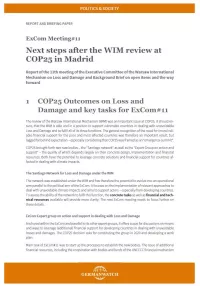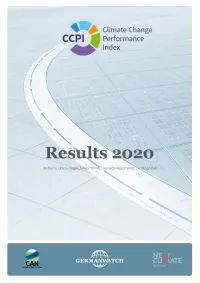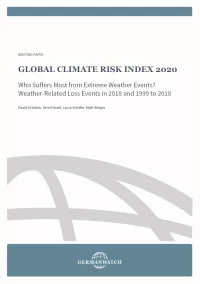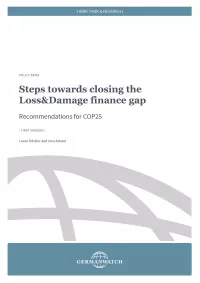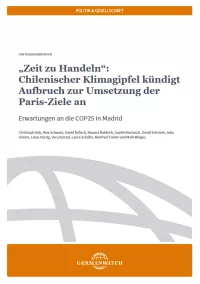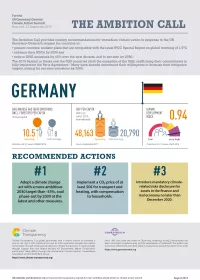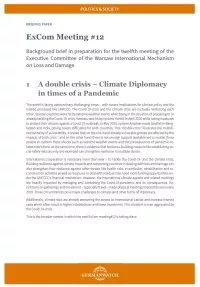
The Briefing Paper on the 12th meeting of the Executive Committee (ExCom) of the Warsaw International Mechanism on Loss and Damage from 12-16th October 2020 is mainly directed at persons interested in the discussions on Loss and Damage within the UNFCCC process.
The meeting will take place in the middle of the Covid-19-crisis that comes across with severe challenges for vulnerable groups but also in regards of keeping up climate diplomacy.

